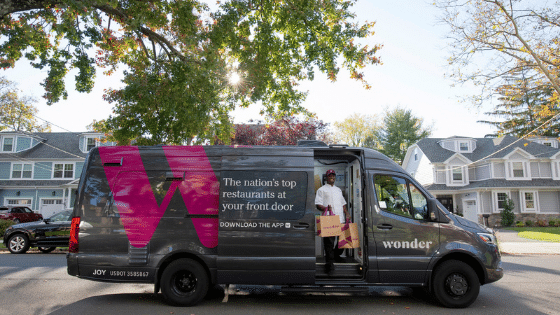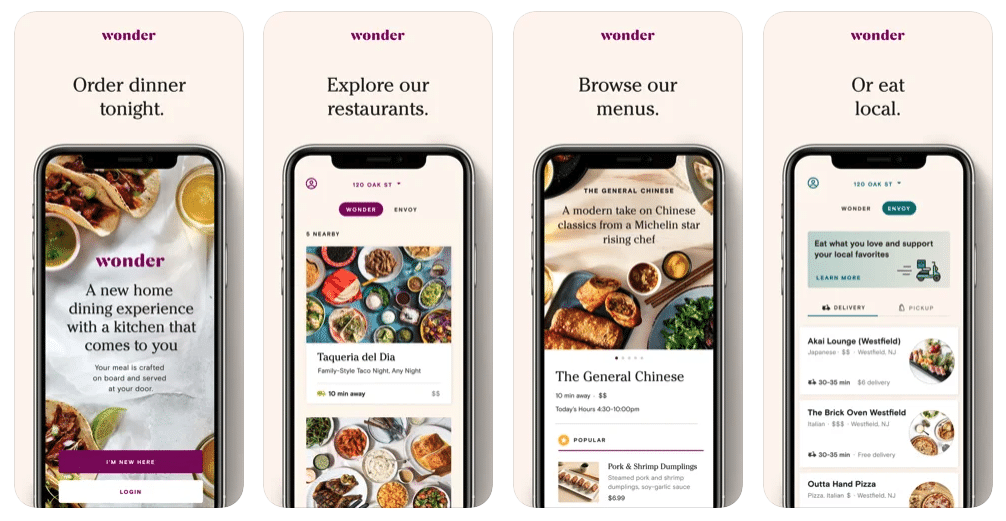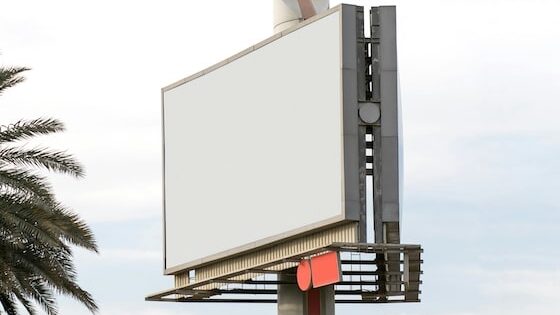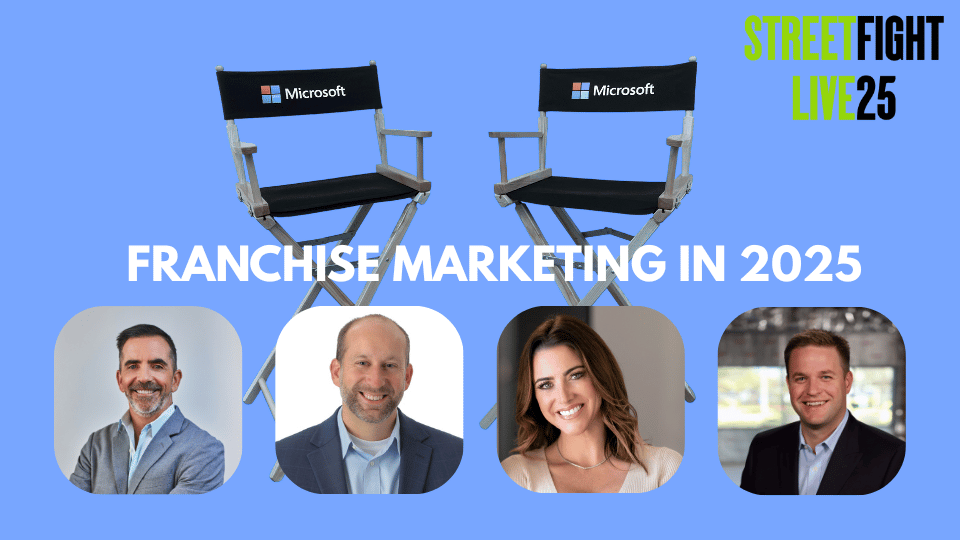E-Commerce entrepreneur and NBA franchise owner Marc Lore has jumped into the food-tech space as the new CEO of Wonder Group, which operates the Wonder food delivery app. Lore has said he is “all in” as founder, chair, and CEO of the new venture.
Lore has some interesting plans afoot to re-invent the concept of at-home dining. If Lore were pitching a movie version of this venture, the hook would likely be “it’s a ghost kitchen but on wheels!” My money is on John Favreau as the lead. Maybe too obvious?
Wonder’s model certainly does have a bit of Hollywood flash to it. The concept involved partnering with celebrity chefs (e.g., Bobby Flay Steaks) and replicating their recipes and processes in a mobile kitchen.
In a LinkedIn post earlier this week, Lore said this about Wonder.
“Our innovative, vertically-integrated approach begins with exclusive menus from the country’s best chefs and restaurants. A central commissary sources high-quality, fresh ingredients and serves as the start of each meal’s journey. Orders are then fired, finished, and plated in our mobile kitchens just steps away from your door, and served as soon as they’re ready — allowing you to experience the food the way it’s meant to be enjoyed.”

Lore has an impressive career as an entrepreneur and eCommerce executive. His logistics bona fires are solid, which provides some additional confidence in a model that might, at first blush, seem kind of bananas. More from his LinkedIn post.
“We identify top chefs across every cuisine and acquire the exclusive rights to their menus. From there, we collaborate with them and truly learn the recipes and techniques used to create their beloved dishes. Given our model, we then leverage our proprietary R&D process to ensure quality at scale.”
Lore also notes that Wonder will partner with local restaurants in the communities it services to offer home meal delivery via a companion food delivery venture called Envoy.
“In addition to cooking meals in mobile kitchens just outside your door, we also offer some of your favorite dishes from local eateries,” Lore wrote. “Because whenever Wonder begins serving a new town, we also partner with the top restaurants in the community through our unique courier service, Envoy.”
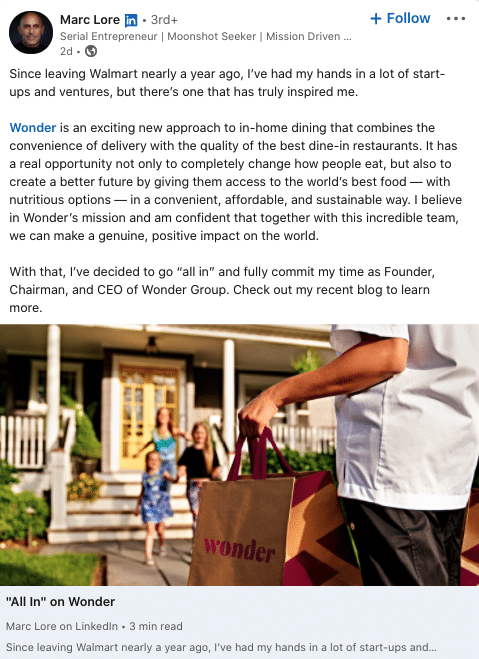
Blue Chip Backing
Lore’s career MO seems to be the following. Start a company. Sell it to either Walmart or Amazon. Work there for a while. Jump into something new.
In 2010, Lore sold Diapers.com to Amazon, where worked for two years before launching Jet.com. He then sold Jet.com to Walmart, where he led Walmart.com until he left early this year to buy the Minnesota Timberwolves and kick around ideas for his next big thing.
That background no doubt makes Lore an easy bet for venture capitalists. And several prominent VCs have backed Lore’s venture, according to his post.
“Fueling our vision will require a lot of capital and thoughtfulness as we grow,” Lore wrote. “We’ve raised venture capital from premier partners, including NEA, Accel, GV, General Catalyst, and Bain Capital Ventures.”
Virtual Dining Meets Mobility
Wonder doing reminds me of Reef Technologies. This Miami-based company is doing innovative things with the intersection of virtual dining and mobility.
Reef’s mission has been to transform urban spaces into “proximity hubs that create jobs and bring new goods, services, and experiences to neighborhoods across the globe.” This translates into Reef deploying food trucks into parking lots (its original business). This practice has gotten Reef into the occasional spot of trouble. Including one exploding food truck in Houston.

Reef is pushing on and is currently on a global acquisition streak aimed at becoming a ghost kitchen powerhouse, exploding food trucks be damned. It acquired Dubai-based ghost kitchen platform iKCon in November. And this week it announced it has acquired Chicago-based 2nd Kitchen, a startup founded in 2017 to provide technology that allows businesses that don’t otherwise serve food to offer ordering and delivery from nearby restaurants. So a bar that only serves drinks or an events space, can partner with 2nd Kitchen to provide food in essence without opening their own kitchens.
Reef has also, like Wonder, partnered with major brands and celebrities to launch virtual dining concepts. For example, in November it partnered with DJ Khaled to launch a virtual restaurant, Another Wing, across three continents, in five countries, and 18 U.S. states with over 150 locations. The company also worked with Wendy’s to launch a string of delivery-only locations in the UK.
Tougher Than It Looks?
The virtual dining concept has its skeptics. Many argue the experience will never rival that of sitting down at a white table cloth establishment and enjoying a well-prepared meal with a loved one. This is true. But it is also beside the point. The real idea behind ghost kitchens is to grow the pie rather than redistribute it. More consumers are ordering takeout, and that trend is independent of, though accelerated by the pandemic.
A better argument involves the hidden costs of running a virtual restaurant. It is true that the setup costs for a virtual restaurant are far lower than for a physical location. However, many virtual restaurant entrepreneurs fail to appreciate how much more they will need to invest in digital marketing in order to get their virtual Korean taco brand to stand out among all of the other virtual Korean taco brands.
This is one reason celebrities and influencers are such a force in the virtual dining space. They help a brand rise above the crowd. But the fact that so many celebrities are in the virtual dining game is a hint that unknown players have an uphill climb.
